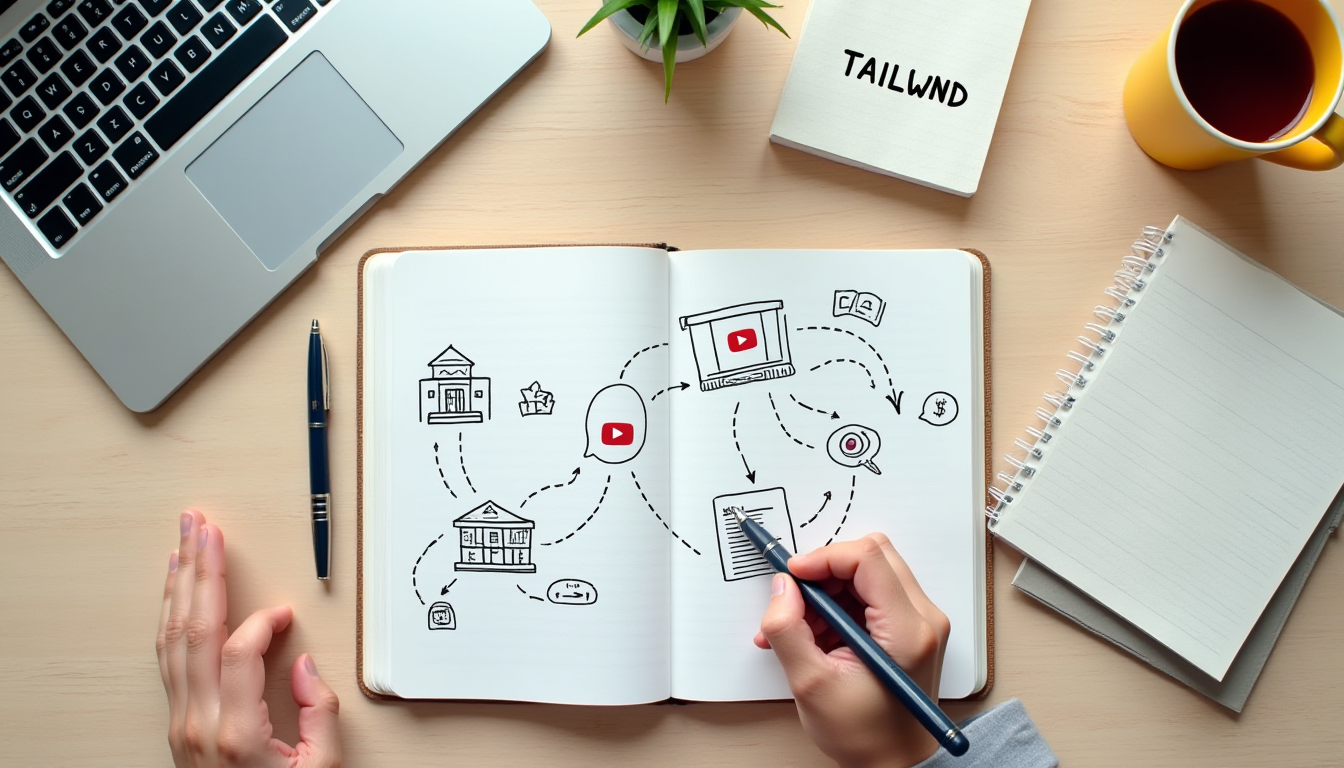Why Boring Distractions Steal Your Focus Before Exams (And How to Stay on Track)

It’s the night before Priya’s 10th-grade science exam in Bengaluru, and she’s glued to a dull TV rerun about kitchen gadgets. After the exam, the same show feels repulsive. Why does this happen? As a student, you’ve likely noticed that when exams loom, even boring distractions like scrolling X or rearranging your desk seem irresistible, but when you’re free, even fun games feel flat. At Tailwnd, we use Learning Science to help Bharat’s students conquer this cycle and focus on studying. Here’s the psychology behind it and four ways to stay on track.
The Psychology: Why Distractions Win
Your brain loves dopamine, the “feel-good” chemical, which X posts or TV deliver instantly. Studying for exams, with its delayed rewards (like acing a test), feels harder, so you procrastinate, seeking quick dopamine hits. This is task aversion—your brain dodging the stress of studying. The Zeigarnik effect adds fuel: unfinished tasks (like exam prep) create mental tension, making distractions a tempting escape. A 2023 Journal of Cognitive Psychology study found procrastination spikes when tasks feel urgent but daunting. Post-exam, with no tension, distractions lose their pull, and even games feel boring without purpose.
How to Overcome Distractions and Boost Focus
1. Block Dopamine Traps with a Digital Pause
What to Do: Take a 10-minute daily break from screens—watch the sunset or sip chai without your phone.
Why It Works: Reducing overstimulation resets your dopamine baseline, making studying feel rewarding. A 2022 Neuroscience Letters study showed low-stimulation breaks cut distraction cravings by 20%.
How: Use Tailwnd’s platform to set a 10-minute pause timer. Try it before studying plant cells to make the textbook more appealing.
2. Gamify Studying for Instant Wins
What to Do: Break study sessions into 20-minute chunks with small rewards (e.g., a tick mark or a biscuit). Use Tailwnd’s Pomodoro timer for focus sprints.
Why It Works: Completing chunks triggers dopamine, mimicking distraction rewards. A 2023 Educational Psychology study found gamification boosts concentration by 25%.
How: On Tailwnd, earn badges for each chunk. After summarizing ISRO’s Mars Orbiter mission, reward yourself with a quick stretch.
3. Reframe Studying as a Mission
What to Do: View studying as a quest, not a chore. Ask, “How does gravity power Mangalyaan’s orbit?” Use colorful pens to make notes pop.
Why It Works: Curiosity reduces task aversion, aligning with your brain’s love for discovery (Ryan & Deci, 2000). Visual variety keeps you engaged.
How: Start with a “quest question” on Tailwnd’s platform, like “Why do cells divide?” Highlight cell cycle stages in blue and green.
4. Schedule Purposeful Downtime
What to Do: Plan fun activities (e.g., cricket) after studying to avoid random distractions and combat post-exam boredom.
Why It Works: Structured downtime satisfies dopamine needs without derailing focus. A 2023 Frontiers in Psychology study found planned breaks improve task persistence by 22%.
How: Use Tailwnd’s planner to schedule 30 minutes of gaming after two study hours, keeping distractions at bay.
Why It Matters
These strategies rewire your brain to prioritize studying, making exams less stressful and learning more rewarding. Tailwnd’s platform personalizes your focus plan, while our teacher training helps educators guide students like Priya in Bharat’s classrooms.
Your Turn: Which tip will you try? Share below or tag @TailwndAI on X. Want Tailwnd’s tools in your school? Click here. Let’s ace those exams!





